F. Scott Fitzgerald's seminal works, "The Beautiful and Damned" and "The Great Gatsby," explore the intricacies of the American Dream amidst the backdrop of the Jazz Age. With a prose style that fuses lyrical elegance with sharp social commentary, Fitzgerald weaves narratives that illuminate the era's hedonism and disillusionment. "The Beautiful and Damned" scrutinizes the lives of Anthony and Gloria Patch, a couple consumed by ambition and self-destruction, while "The Great Gatsby" casts a critical eye on the hollow pursuit of wealth through the enigmatic figure of Jay Gatsby. Together, these novels present a vivid tableau of the roaring twenties, marked by opulence yet tinged with existential despair. Fitzgerald, a key figure of his generation, drew inspiration from his own tumultuous experiences and the extravagant lifestyle of his contemporaries. His keen observations of social stratification, combined with personal struggles—especially in love and finance—deeply influenced his literary vision. The tension between aspiration and reality permeates his works, reflecting both the brilliance and the pitfalls of American life in the early twentieth century. This dual exploration offers readers an insightful examination of ambition, identity, and the quest for meaning in a rapidly changing society. Scholars and casual readers alike will find rich themes and intricate character studies that resonate profoundly even today, making these novels essential reading for anyone seeking to understand the complexities of human desire and the American ethos.

Dead Men Tell No Tales - 60+ Pirate Novels, Treasure-Hunt Tales & Sea Adventure Classics : A Swashbuckling Voyage Through Time and Legend
Jules Verne, Charles Dickens, Robert Louis Stevenson, James Fenimore Cooper, Edgar Allan Poe, William Hope Hodgson, Howard Pyle, Jack London, Arthur Conan Doyle, Richard Le Gallienne, Daniel Defoe, Alexandre Dumas, Charles Ellms, Frederick Marryat, Harold MacGrath, Joseph Lewis French, Harry Collingwood, Stanley Lane-Poole, Charles Boardman Hawes, L. Frank Baum, J. M. Barrie, R. M. Ballantyne, G. A. Henty, J. D. Jerrold Kelley, J. Allan Dunn, Robert E. Howard, F. Scott Fitzgerald, Sir Walter Scott, Ralph D. Paine, Captain Charles Johnson, W. H. G. G Kingston, Currey E. Hamilton, John Esquemeling
book
The Great Gatsby
F. Scott Fitzgerald
audiobook
Bernice Bobs Her Hair
F. Scott Fitzgerald
audiobook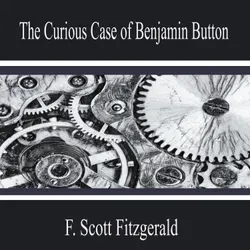
The Curious Case of Benjamin Button
F. Scott Fitzgerald
audiobookbook
Anthology of Classic Short Stories. Mystery and Adventure. Vol. 4
Arthur Conan Doyle, G. K. Chesterton, Edgar Allan Poe, Jack London, Jacques Futrelle, Thomas Hardy, F. Scott Fitzgerald, Susan Glaspell
audiobook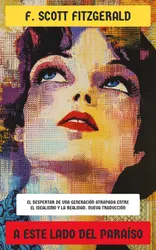
A este lado del paraíso : El despertar de una generación atrapada entre el idealismo y la realidad. Nueva Traducción
F. Scott Fitzgerald
book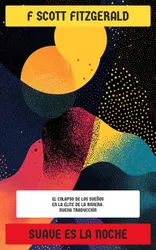
Suave es la noche : El colapso de los sueños en la élite de la Riviera. Nueva Traducción
F. Scott Fitzgerald
book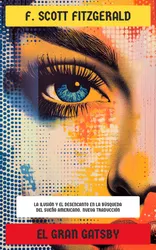
El gran Gatsby : La ilusión y el desencanto en la búsqueda del sueño americano. Nueva Traducción
F. Scott Fitzgerald
book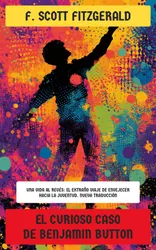
El curioso caso de Benjamin Button : Una vida al revés: el extraño viaje de envejecer hacia la juventud. Nueva Traducción
F. Scott Fitzgerald
book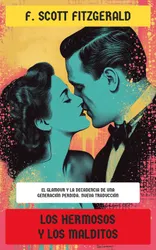
Los hermosos y los malditos : El glamour y la decadencia de una generación perdida. Nueva Traducción
F. Scott Fitzgerald
book
The Great Gatsby: The Original 1925 Edition (A F. Scott Fitzgerald Classic Novel) :
F. Scott Fitzgerald
audiobook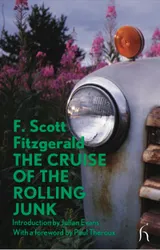
The Cruise of the Rolling Junk
F. Scott Fitzgerald
book
